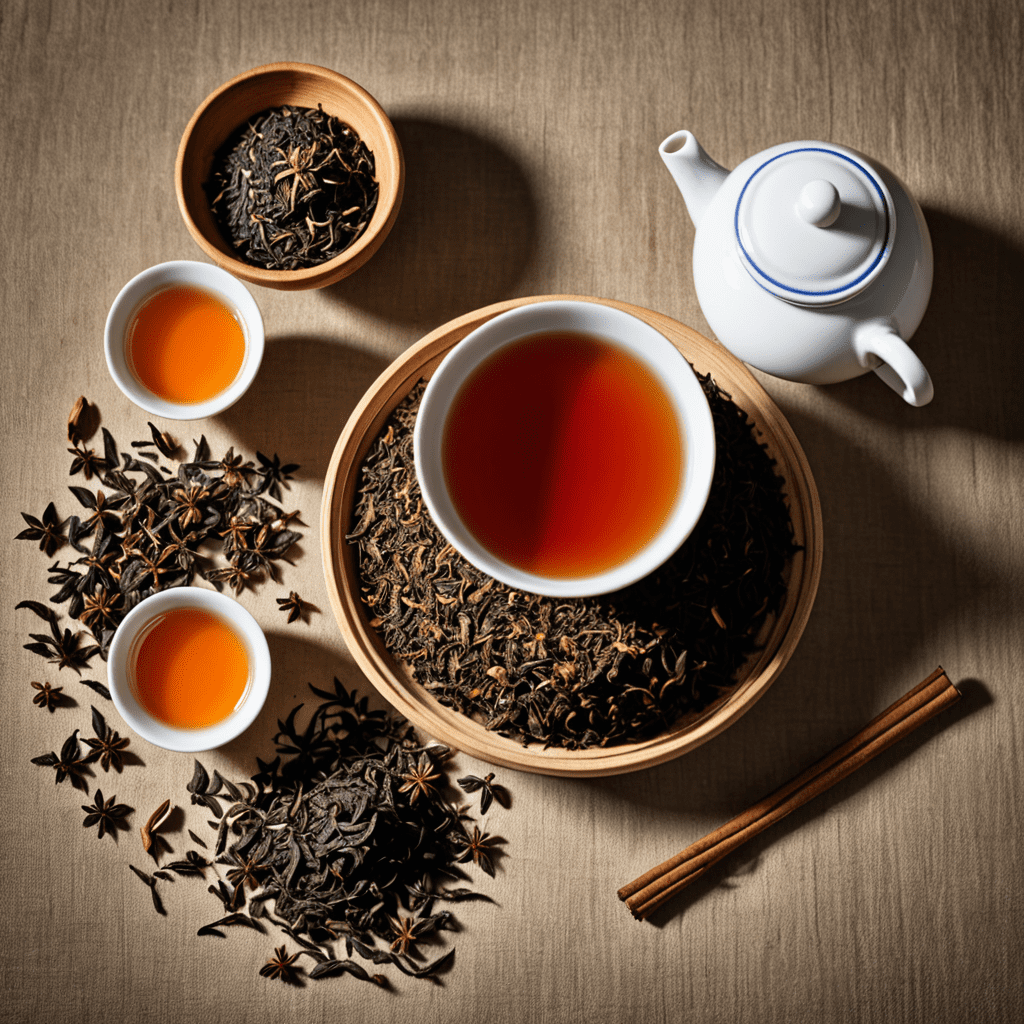Assam: The Cradle of Indian Tea
Nestled in the verdant heart of Northeast India, the state of Assam holds the distinction of being the birthplace of Indian tea. The Brahmaputra Valley in Assam is celebrated as the epicenter of tea cultivation in India, a legacy that dates back to the 19th century and has shaped the identity of this region.
Historical Roots of Assam Tea
The origins of Assam tea can be traced back to 1823 when Robert Bruce, a Scottish adventurer, discovered wild tea plants growing in the forests of Assam. The British, recognizing the potential of this discovery, began extensive tea plantations in the region, transforming Assam into a hub of tea production.
Unique Geographical Conditions of the Brahmaputra Valley
The Brahmaputra Valley is blessed with unique geographical conditions that favor tea cultivation. The fertile alluvial soil, abundant rainfall, and subtropical climate create an ideal environment for tea plants to thrive. The Brahmaputra River provides ample water for irrigation, ensuring a consistent supply of water throughout the year.
Distinctive Characteristics of Assam Black Tea
Assam black tea is renowned for its robust and full-bodied flavor, which is attributed to its high tannin content. The liquor of Assam tea is typically dark amber in color and possesses a distinct malty aroma. Assam tea is best enjoyed with milk and sugar, as it complements its strong flavor and adds a touch of sweetness.
The Rich Malty Liquor: A Hallmarking Feature
The rich malty liquor is the hallmark of Assam black tea. This distinct flavor characteristic is a result of the unique processing method employed in Assam. The tea leaves are withered under shade before being crushed and oxidized, which allows for the development of complex flavors and aromas. The resulting liquor is rich, full-bodied, and possesses a lingering malty finish.
Assam Tea in the International Market
Assam tea has gained worldwide recognition for its unique flavor and aroma. It is exported to over 100 countries across the globe, including the United Kingdom, the United States, Russia, and Germany. Assam tea is particularly popular in the Middle East, where it is often consumed as a traditional beverage.
Sustainable Tea Practices in Assam
Assam is at the forefront of sustainable tea cultivation. The Assam Tea Industry has adopted various practices to ensure the long-term health of tea plantations and the environment. These practices include the use of organic fertilizers, rainwater harvesting, and agroforestry techniques.
The Socio-Economic Impact of Assam Tea
The tea industry plays a crucial role in the socio-economic development of Assam. It provides employment to over 1 million people, directly and indirectly. The tea industry also contributes significantly to the state's revenue and infrastructure development.
Assam Tea: A Source of Pride for Northeast India
Assam tea is a source of immense pride for Northeast India. It is an integral part of the region's cultural heritage and has played a significant role in its economic development. The tea industry has transformed Assam into a globally recognized tea-producing region and has contributed to the state's unique identity.
Preserving the Legacy of Assam Tea for Future Generations
Preserving the legacy of Assam tea is essential to ensure its sustainability for future generations. The Assam Tea Industry has implemented various initiatives to safeguard the region's tea heritage. These initiatives include the establishment of tea research institutes, the promotion of tea tourism, and the conservation of tea biodiversity.
FAQs
Q: What is the difference between Assam black tea and other black teas?
A: Assam black tea is known for its robust and full-bodied flavor, which is attributed to its high tannin content. It has a distinct malty aroma and a rich, dark amber liquor.
Q: How is Assam tea processed?
A: Assam black tea is processed using a unique method that involves withering under shade, crushing, and oxidation. This process allows for the development of complex flavors and aromas.
Q: What is the best way to enjoy Assam tea?
A: Assam black tea is best enjoyed with milk and sugar, as it complements its strong flavor and adds a touch of sweetness. It can also be enjoyed plain or with lemon.
Q: Is Assam tea sustainable?
A: The Assam Tea Industry has adopted various sustainable practices, including the use of organic fertilizers, rainwater harvesting, and agroforestry techniques. These practices ensure the long-term health of tea plantations and the environment.
Q: What is the socio-economic impact of Assam tea?
A: The tea industry provides employment to over 1 million people, directly and indirectly, and contributes significantly to Assam's revenue and infrastructure development. It is an integral part of the region's socio-economic fabric.



